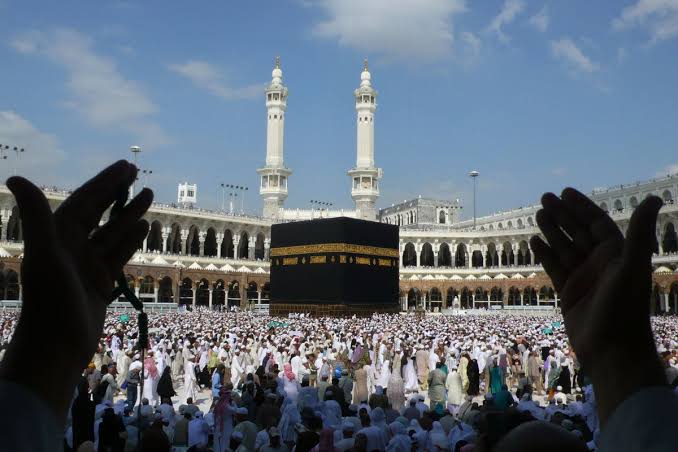The government is exploring a new payment plan aimed at reducing the financial burden of Hajj for low-income and middle-class citizens. This proposed installment system would allow pilgrims to spread their Hajj payments over three installments, rather than paying the entire cost upfront.
This initiative has been presented for federal cabinet approval and is expected to be integrated into the government’s broader Hajj policy. The Ministry of Religious Affairs, which oversees pilgrimage arrangements, supports the plan, seeing it as a way to make Hajj more accessible for a wider range of Pakistani citizens.
Under the installment proposal, pilgrims would initially deposit Rs 200,000 with their application. After the lottery selection process, an additional Rs 400,000 would be required, followed by a final payment before departure. This approach would help ease the financial pressure on families, many of whom save for years to afford the pilgrimage.
The recently approved Hajj Policy for 2025 estimates that government-sponsored Hajj packages will cost between Rs 1.75 million and Rs 11.75 million, depending on the package. This plan also includes a quota of 179,000 pilgrims, divided equally between government-organized trips and private tour companies, with dedicated slots for workers registered with the Employees’ Old-Age Benefits Institution (EOBI).
Additional guidelines for 2025 include the option of longer or shorter Hajj durations and new age restrictions that prevent children under 12 from joining. These adjustments reflect the government’s broader goal to make the pilgrimage more accessible, organized, and affordable for all eligible Pakistanis.


